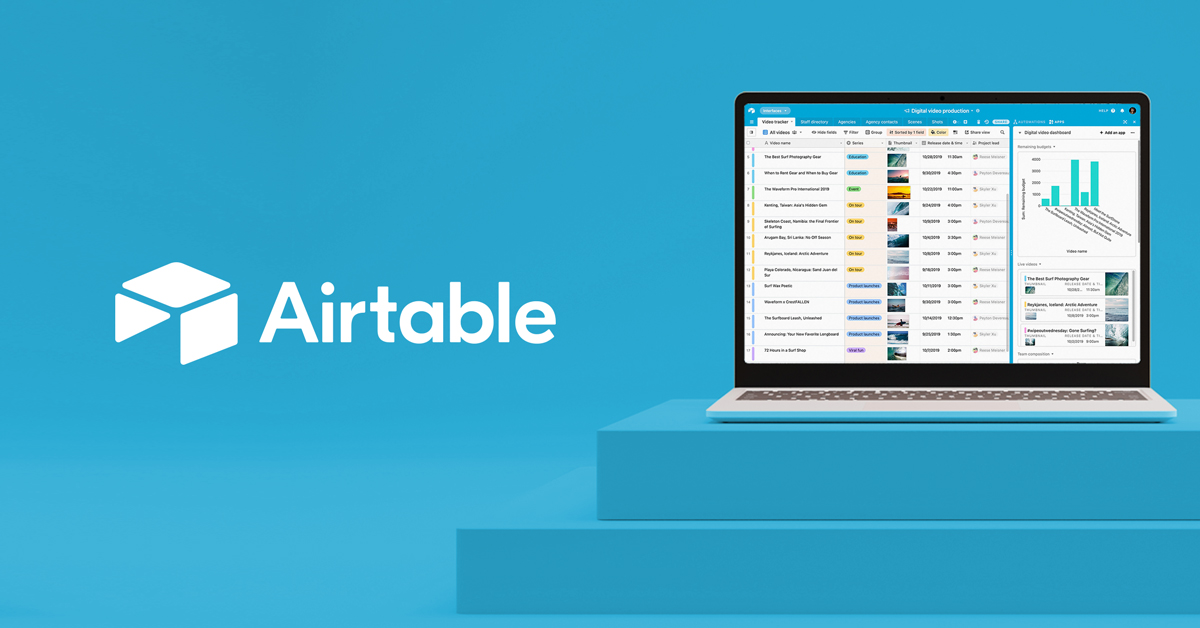Hello my FRM friends,
For the ones who will attend for the FRM PART I next May, did you finish reading garp books? any tips for concentration and memorize ..
I am a little bit confused so I wanted some support from here. I am not sure I will make it for May session as there is a lot to study through books and practice questions.
Any one can help with some tips? or just share where you finished till now?
Thanks et hard luck everyone
For the ones who will attend for the FRM PART I next May, did you finish reading garp books? any tips for concentration and memorize ..
I am a little bit confused so I wanted some support from here. I am not sure I will make it for May session as there is a lot to study through books and practice questions.
Any one can help with some tips? or just share where you finished till now?
Thanks et hard luck everyone


